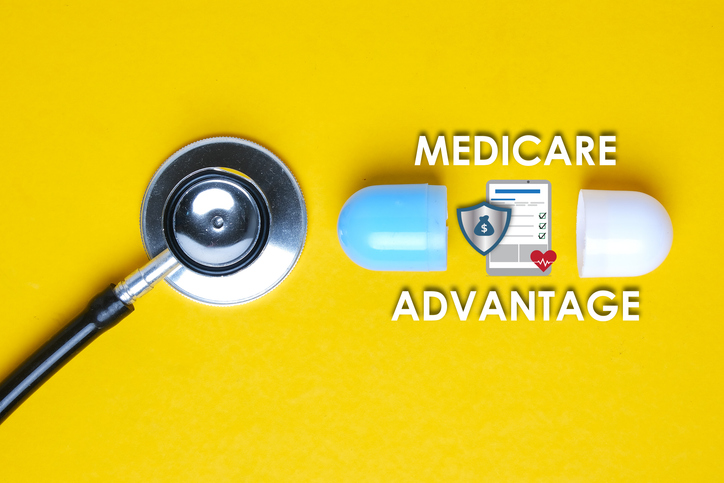Humans aren’t the only health care providers requiring continuing education to maintain their competency.
Artificial intelligence (AI) also needs a regular reboot.
This is a factor many people overlook when they get excited about AI, especially after the announcement of the $500 billion investment in Project Stargate and President Donald Trump’s Removing Barriers to American Leadership in Artificial Intelligence executive order[SK1] .
Tech titans such as Oracle’s Larry Ellison are publicly discussing “designer vaccines” to stop cancer, and Google announced AI-designed drugs would head to trial by the end of this year.
Helping Doctors
AI is already being used widely in health care. If you have had a mammogram in the past few years, an algorithm probably assisted the radiologist in interpreting the scan. There are AI-powered chatbots for mental health counseling.
In hospital settings, AI is often used to predict how patients will respond to treatment, going so far as to provide probabilities of death. The technology even prompts physicians to have difficult conversations with patients to manage expectations and even discuss with patients whether to forgo treatment.
Constant Monitoring
AI, however, is not a “set-it-and-forget-it tool,” notes a recent report in KFF Health News. AI requires “expensive humans” to make sure it stays sharp. In other words, AI requires “continuing education” just like humans.
The article gave an example based on a 2022 study.
“A routine tech checkup revealed the algorithm decayed during the covid-19 pandemic, getting 7 percentage points worse at predicting who would die, according to a 2022 study,” the article states.
Many physicians use a large-language-model AI program that documents the doctor’s visit and files the information in the medical record. Stanford University researchers found that in the best case, AI tools like Chat GPT models summarizing a patient’s medical history had a 35 percent error rate compared to what a physician might write, the KFF article reported.
Physicians’ time is too valuable for them to manually write all the information discussed during an exam, but the visit is less beneficial if the information in the medical record is inaccurate.
Doesn’t Age Well
The idea that AI can degrade and fail over time is easy to understand when you realize the algorithm’s dataset is constantly evolving. The hope is that this will make it more accurate, of course, but the opposite can also occur.
Process and learn from a bad batch of data, and the results begin to degrade, often giving inconsistent answers.
At the very least, any algorithm should give the same answer to the same question when asked repeatedly in quick succession.
Sandy Aronson, a tech executive at Mass General Brigham’s personalized medicine program in Boston, said when his team tested an application meant to help genetic counselors locate relevant literature about DNA variants, the product suffered “non-determinism”: when asked the same question multiple times in a short period, it gave varying answers.
Compounding Errors
That is why humans must monitor AI, not just when it’s being developed but during all phases of use. AI is continually learning, and that means unknown factors can degrade its accuracy.
I’ve seen numerous advertisements online for companies selling ineffective snake oil products and bogus elixirs for questionable medical treatments. Recent news reports have even highlighted academic journal articles with questionable findings and doctored data.
Imagine the outcome if an AI training process consumes this erroneous, new-age information and incorporates it as medical science. Experts report that once AI learns something incorrect it is very difficult to make AI unlearn the inaccurate data. Now for a scary thought: imagine if advertisers figure out how to influence clinical AI to bias the results in favor of their products.
“Evaluating whether these products work is challenging,” notes KFF. “Evaluating whether they continue to work—or have developed the software equivalent of a blown gasket or leaky engine—is even trickier.”
Continual Reevaluation
The human cost of monitoring AI is enormous but necessary. Algorithms must be validated not just before releasing a product but throughout use. That’s something few hospitals may be prepared to do.
When one uses Microsoft Edge’s AI Copilot, it typically identifies its sources. Something like that would be useful in retraining AI to forget inappropriate information. That is something for AI developers to consider.
Devon Herrick ([email protected]) is a health care economist and policy advisor to The Heartland Institute. A version of this article appeared on the Goodman Institute Health Blog. Reprinted with permission.




